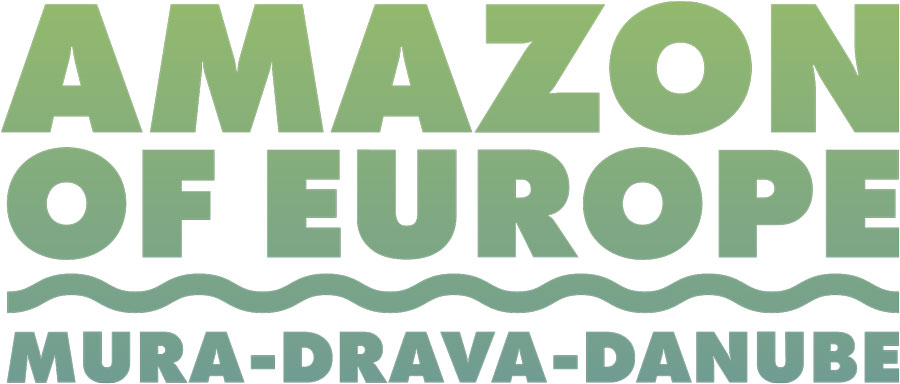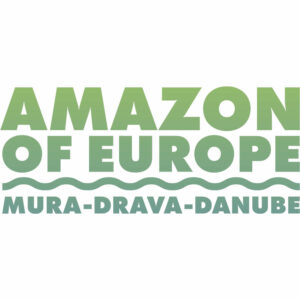Decision making process should include all stakeholders and communities of the relevant area since it is impacting the environment and social well-being of locals. Early and transparent inclusion is crucial especially in riverine areas where people still depend on rivers and services they provide. Rivers are also areas where different sectors perform their interest by implementing different projects that are not always seen as beneficial for local communities and/or nature. In Western Balkan (including large parts of Mura-Drava-Danube landscape) information and public participation is reduced to the minimum which is legally required, without any meaningful dialogue, exchange of opinions and opportunity to actively participate in decision-making. This creates significant distrust between decision-makers, local communities, and civil society organizations.
Therefore, the model for Early and Transparent Inclusion (ETI) in decision making provides minimum standards for transparent and participatory decision making. It provides examples of good practice in decision-making and offers guidelines for CSOs and other members of civil society on how to be early involved, and to investors and decision-makers on how to involve interested parties early enough and in a transparent and meaningful way.

